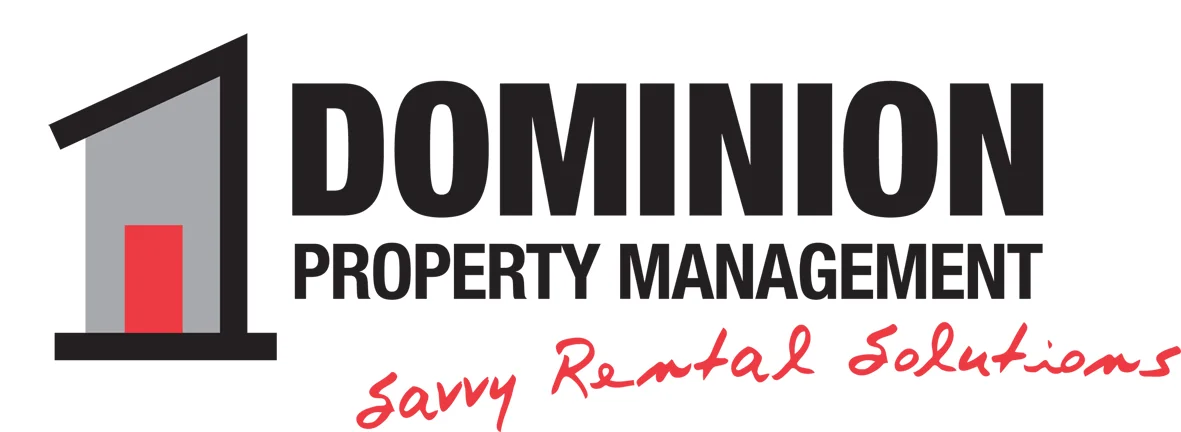Renting out property is not risk-free. There are things you can’t control like fluctuations in the market rental you can charge. But avoid inevitable disasters when it comes to other people living in your rental. “Control your own destiny or you can be sure someone else will!"
DO NOT:
1) Rent To Anyone – if you don’t want bad tenants, don’t rent to them in the first place! Sure there’s no guarantees, but there are ways you can be cautious and hedge your bets.
Ensure you get references, from the prospective tenant’s workplace and especially from a past landlord. Remember though that sometimes a former landlord may not be very honest if they're eager to be rid of their tenant - asking a former neighbour is a great idea if you can manage it.
Conduct credit checks and take a look at their Facebook page – this can be very revealing.
Get them to fill in a form, including their present address. If possible drop by their home to let them know they’re approved (but be ready to say otherwise) – this is a great opportunity to check out the state of their present home. If it’s a pigsty then turn them down immediately for tenancy.
Listen to your gut when dealing with people – sometimes you’re picking up on things about the person that your conscious mind may not be immediately aware of, despite all the good things they may be saying.
2) Trust in Clear Communication Alone – Record, record, record.
As we’ve all experienced often, it can be easy to misinterpret or misunderstand what others are saying, even when the messenger is articulate and the hearer is listening attentively. There are a host of reasons for this, which is why it's always wise to get things in writing, starting of course with a Tenancy Agreement. This ensures the terms and agreements of the tenancy are clearly stated and both parties have the opportunity to think over and ask questions, clarifying anything they’re unsure about before they move in.
Make sure you write/photograph a detailed property inspection report too, before you hand the keys over. It’s a good idea to do this together with the tenants, so both sides are confident of the state of the house and any chattels before they move in.
3) Let Rental Payments Fall Behind - Keep an eye on the payments and keep good records. If you notice payment is late, follow up immediately with the tenant. There may be a genuine one-off problem, which you can discuss and come to an arrangement with them about. That early intervention is vital otherwise "late" payments can escalate and become a serious issue.
Ensure you receive a bond deposit upfront from your new tenant (several weeks rent is common practice) as well as a couple of weeks advance rent, before they move in. This shows they’re serious about making a commitment and provides you with something to fall back on if they are tempted to do a runner.
Some tenants have been known to be reliable at paying the rent, but very poor when it comes to treating your property with respect, so…
4) Assume All Is Well Unless Called Upon - This is an easy trap to fall into and a big no-no. You may quickly establish a good rapport with your new tenants and they may be paying their rental fee regularly. However this doesn’t necessarily mean all is well. It’s vital to make regular inspections of the house and take photos (before and after), keeping a record of any changes, so as to reduce likelihood of disputes about responsibility for damages and to ensure any necessary maintenance is kept up. Otherwise you are potentially in for a nasty shock when you visit the house after the tenant has moved out.
5) Let Maintenance Slide - Slides start small and can quickly escalate into something major. The consequences of not keeping up with those smaller maintenance matters can cost you much more money than if you’d kept things in check, e.g. keeping the exterior wall paint in good condition protects the house structurally from damaging exposure to the elements. A house is a major asset so it’s a bit of a no-brainer that you want to protect, retain and even build its value.
Encourage tenants to let you know quickly if problems arise, like a plumbing or heating problem, and handle urgent repairs as quickly as possible. The last thing you want is a tenant seriously injured by falling through a rotten floorboard. Just remember you need to give 24 hours notice if someone will be arriving to check things out for a quote or to do work on the property (unless the tenant clearly agrees otherwise).
A good bottom line to work from is basically if you wouldn’t live in it, don’t rent it!
It takes precious time, energy and knowledge to manage a rental property well, which can invite a lot of additional stress and pressure. This is why a Property Manager is so invaluable.
Dominion Property Management care about providing liveable, healthy rentals. As an owner-operated, small Wellington company we enjoy taking a personal interest in each of the properties we manage, utilising our born and bred local knowledge of the Wellington region, with a commitment to clear and open communication. We carry out regular and thorough quality property inspections, handle maintenance with a team of trusted price-competitive tradesmen, and if rents are not paid in time we will act promptly and manage arrears. We have a wealth of experience and insight into the profitable option of room-by-room rental housing, providing affordable, quality living in high demand in Wellington. We can find, vet and place people most likely to live together compatibly and manage resolution of disputes that may arise.
Get in touch with Dominion Property Management and ask how we can get your asset working for you! We’d love to help.





